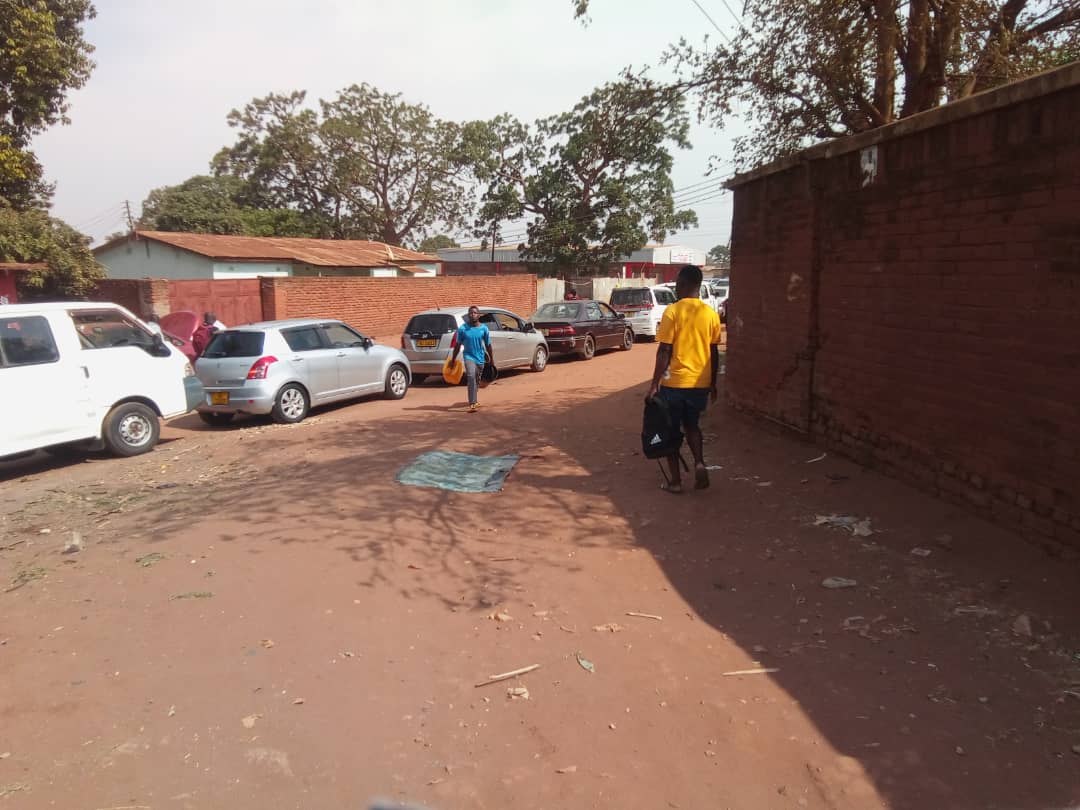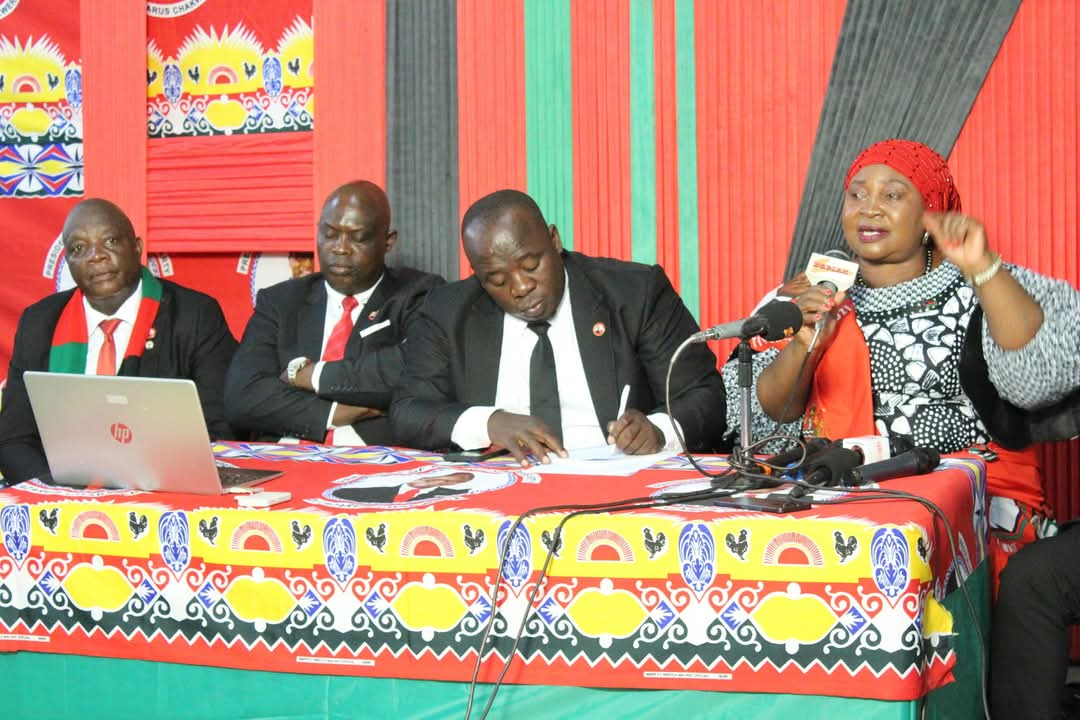By Burnett Munthali
The ongoing fuel shortage in Malawi highlights a critical failure in the country’s supply chain and regulatory mechanisms. Despite public assurances from top officials, including Information Minister Moses Kunkuyu, MERA Chief Henry Kachaje, and NOCMA Director Clement Kanyama, the reality on the ground remains bleak. These leaders promised a resolution by the end of last week, but the dry fuel stations across Blantyre and other cities tell a different story.
This crisis is not merely about the shortage of fuel but reflects deeper structural and governance issues in Malawi’s energy sector. It raises several important points for analysis:
Firstly, the government and energy bodies’ failure to address the fuel crisis despite public declarations has eroded trust in their ability to handle pressing national issues. The repeated promises that the crisis would end, only for the situation to persist, signals poor planning, coordination, or worse, a lack of transparency about the real underlying issues. When the government fails to meet expectations, particularly on essential services like fuel, it undermines its credibility, and this can lead to broader public dissatisfaction and unrest.
Secondly, fuel is the lifeblood of the economy, impacting transportation, businesses, and daily life. The shortage has not only frustrated motorists but is also likely exacerbating inflationary pressures in the country. With fuel available on the black market at exorbitant prices—MWK 35,000 or MWK 30,000 for a 5-liter jerrycan—many essential goods and services are becoming more expensive, as transportation costs skyrocket. For an economy like Malawi’s, already grappling with high levels of poverty and unemployment, this crisis is an added burden on both businesses and ordinary citizens.
Thirdly, MERA and NOCMA, as key players in Malawi’s energy landscape, are tasked with ensuring a stable and sufficient fuel supply. Their failure to manage this shortage raises questions about their regulatory and operational capacity. Why are they struggling to secure enough fuel? Is it a financial constraint, logistical failure, or external factors such as global fuel prices? Without clear answers, speculation and frustration will only increase.
Fourthly, the emergence of a thriving black market amid the fuel shortage is a symptom of both desperation and the breakdown of regulatory control. When formal systems fail, informal markets often step in, but at a heavy cost. The inflated prices charged on the black market indicate that those with means can still access fuel, while the majority of Malawians, already grappling with economic hardships, are left further disadvantaged.
Fifthly, the government’s failure to resolve this issue could have significant political repercussions. Fuel shortages, particularly when prolonged, have historically been catalysts for social unrest. As frustrations grow and economic hardships worsen, the ruling administration faces mounting pressure to demonstrate leadership and competence in addressing such crises. If not handled with urgency and transparency, the fuel shortage could weaken political support, especially as the country heads toward future elections.
Sixthly, while the current crisis demands immediate attention, it also calls for long-term solutions. Malawi’s energy sector is heavily dependent on fuel imports, making it vulnerable to global price fluctuations and supply chain disruptions. Investing in alternative energy sources, diversifying fuel suppliers, and enhancing strategic reserves are all crucial steps to mitigate such crises in the future. Without a comprehensive energy strategy, Malawi will continue to face similar challenges, with far-reaching consequences for its economy and public welfare.
In conclusion, the fuel shortage in Malawi is more than just a logistical issue; it is a governance crisis. The government, MERA, and NOCMA need to provide clear explanations to the public about the real causes of the shortage and offer tangible solutions. Moreover, there is an urgent need to address the systemic vulnerabilities in Malawi’s fuel supply chain to prevent future crises. Failure to act decisively could lead to greater economic damage and deepen public mistrust in the country’s leadership.




